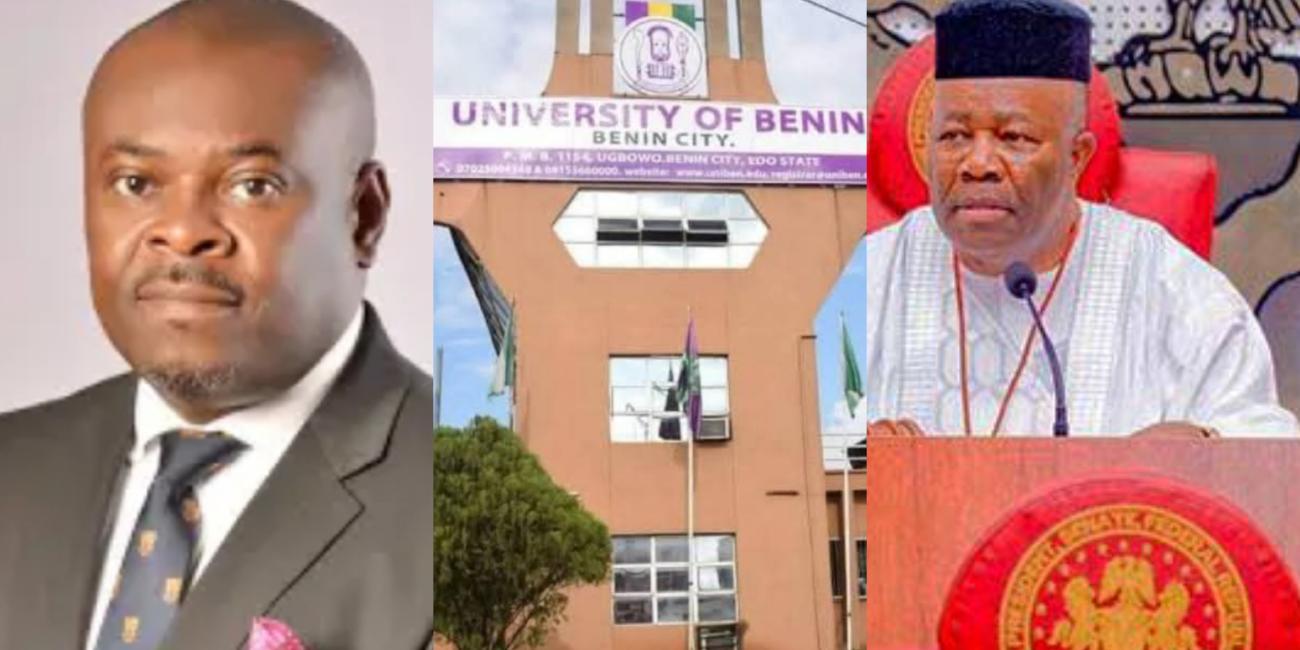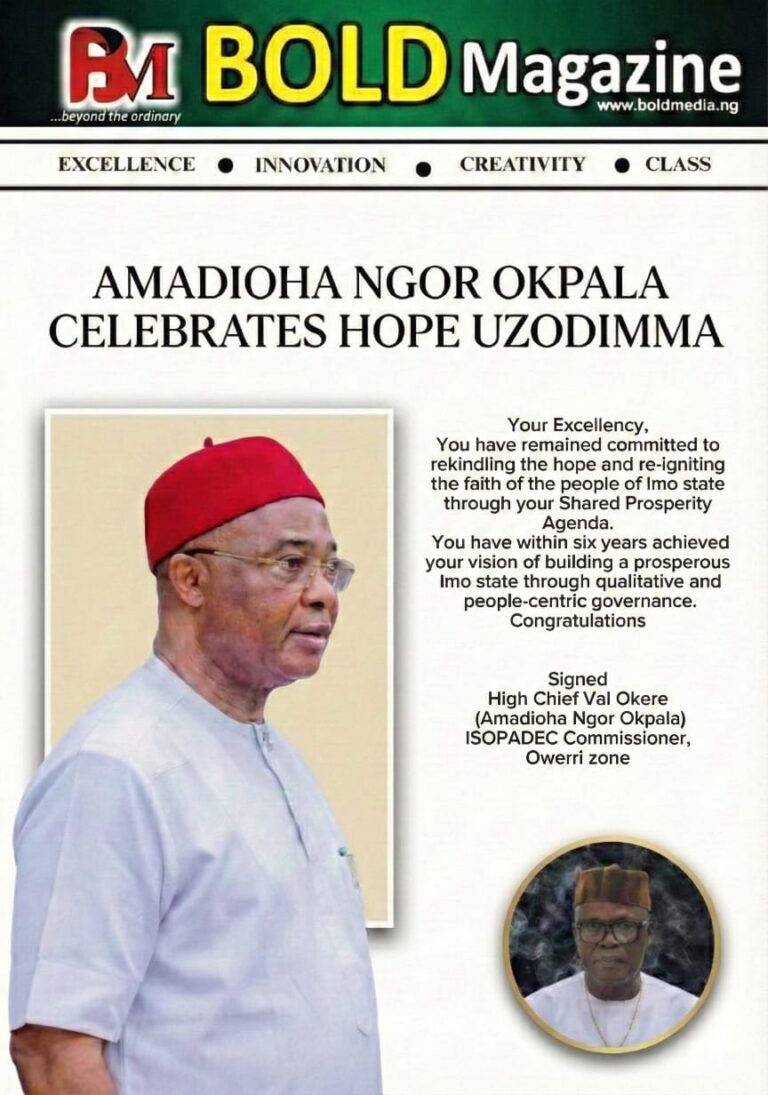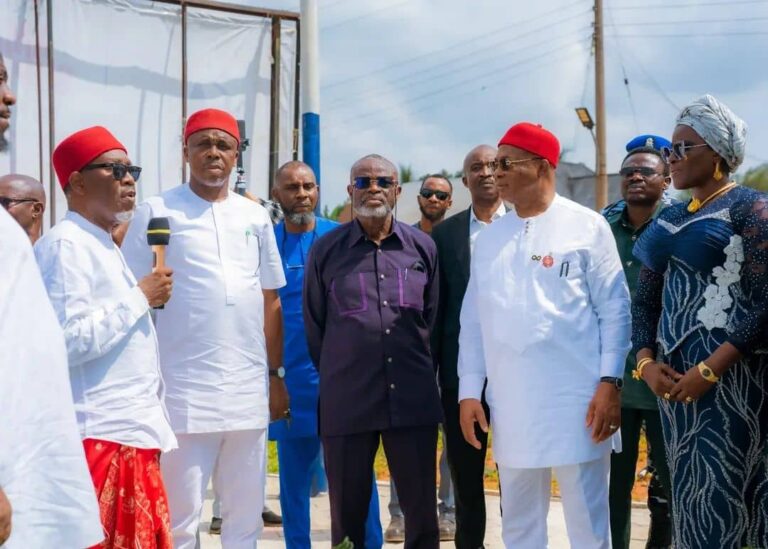The appointment of Professor Edoba Bright Omoregie as the new Vice Chancellor of the University of Benin (UNIBEN) has sparked widespread outrage in the academic community, with allegations that it was influenced by political interests, particularly those of Nigerian Senate President, Senator Godswill Akpabio.
Professor Omoregie, a lawyer and close associate of Akpabio, was reportedly ranked 21st out of 25 candidates during the selection process. Despite his low ranking and limited administrative experience, he was appointed Vice Chancellor, bypassing more qualified candidates.
Sources within the university have criticized the decision, calling it “a devastating blow to meritocracy.” One academic staff member, speaking anonymously to SaharaReporters, expressed frustration, saying, “There is nothing more painful than seeing mediocrity imposed on an academic institution. The appointment process was a sham—the worst in the university’s history. How can someone with no significant administrative experience, who was ranked at the bottom, suddenly become Vice-Chancellor?”
Further investigations revealed that Omoregie had been absent from the university system for over four years, primarily working as Akpabio’s personal lawyer in Abuja. He is also reported to represent the Oba of Benin in legal cases.
A senior lecturer at UNIBEN warned that Omoregie’s appointment could destabilize the institution. “He will not get the cooperation of the academic community. Akpabio and President Tinubu have just brought instability to UNIBEN,” the lecturer said. “This is a politically motivated appointment aimed at securing influence for the 2027 elections, where Omoregie is expected to serve as a returning officer.”
The discontent has spread beyond university staff to alumni, who have voiced disappointment over the perceived erosion of academic integrity. One former student stated, “A university that has produced great minds in Nigeria and beyond should not be reduced to this level of political interference.”
SaharaReporters reviewed past Vice-Chancellor appointments and noted that the selection process has traditionally followed a ranking system outlined in the 1992 Accord between the Academic Staff Union of Universities (ASUU) and the Federal Government. The agreement stipulates that appointments should be made from the top-ranked candidates based on merit. However, the recent UNIBEN appointment bypassed this system, raising concerns about political influence.
Among the top-ranked candidates were Prof. Abiodun Falodun (Department of Pharmacy), ranked 1st; Prof. Ikponwonsa Omoruyi (Faculty of Law), ranked 2nd; and Prof. Ray Ozolua (Faculty of Pharmacy), ranked 3rd. Other highly qualified candidates who ranked higher than Omoregie included Prof. George Eriyarem, Prof. Osemwenkhia, Prof. Kessington Obahiagbon, Prof. Sadoh, and Prof. Francis Osagiede.
A professor within the university questioned the rationale behind the appointment, asking, “Does President Tinubu realize the long-term damage this decision will cause? If the President approved this appointment knowing the candidate ranked 21st, then history will not be kind to him.”
Concerns are also being raised about the potential political implications of the appointment. Some fear that this is part of a larger strategy to influence the 2027 elections by placing political allies in key positions, such as returning officers in strategic institutions.
While political interference in university administration is not new, the controversy surrounding Omoregie’s appointment has intensified calls for reform. Stakeholders are now demanding a review of the appointment process to ensure the integrity of future selections and protect UNIBEN’s academic reputation.











